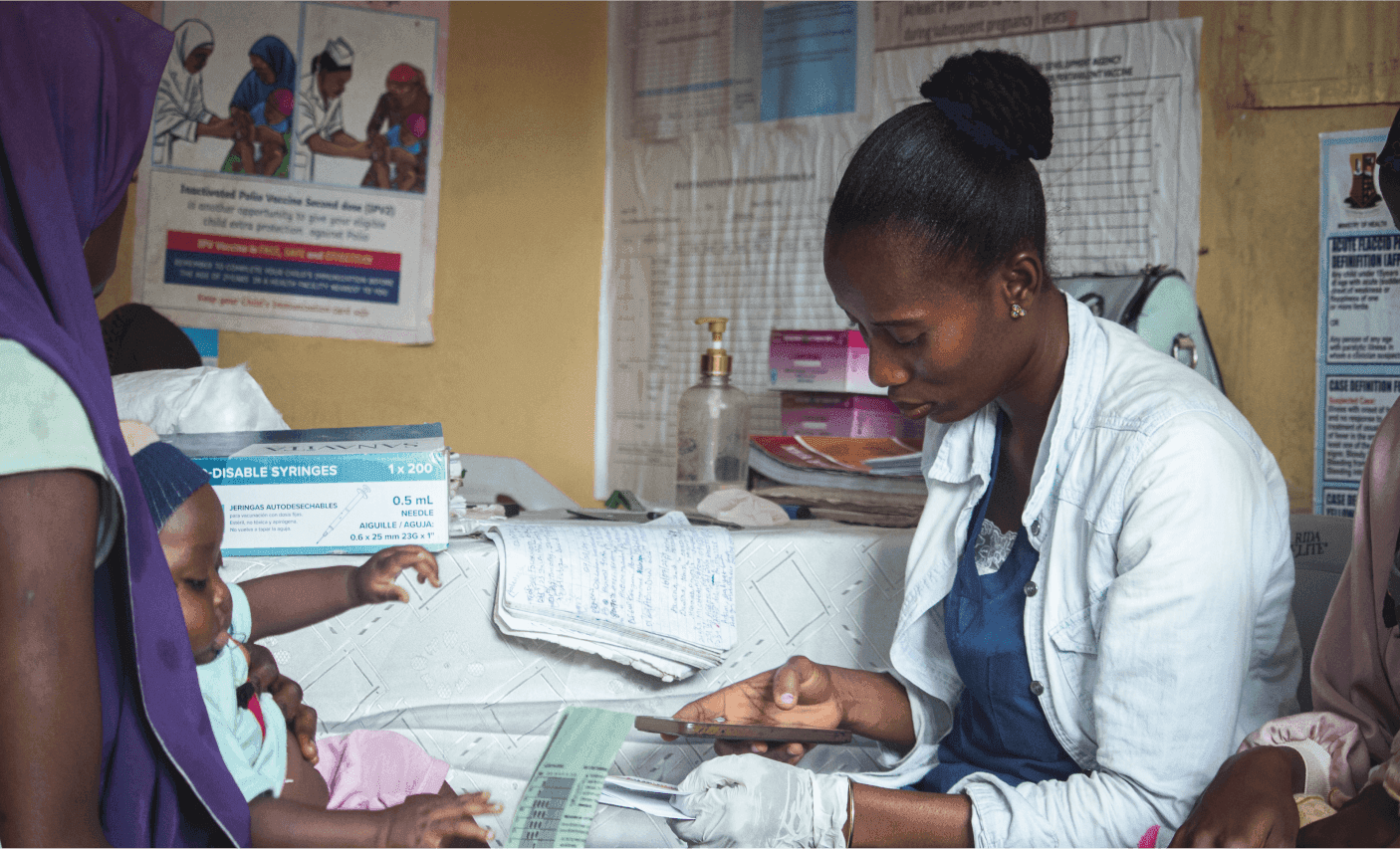
Infectious disease
Over the years, we have provided technical support to the National malaria control programmes across Africa, to generate evidence for their annual operational plans (AOP) for malaria. This support has involved reviewing malaria surveillance data, evaluating the effectiveness of existing interventions, and analysing malaria indicator surveys to inform the next AOP.
We are currently supporting the Nigeria Centre for Disease Control (NCDC) in risk communication and community engagement for disease outbreak responses like MPOX, Lassa fever, and COVID-19. Recently, we've also helped develop a strategy, and M&E framework, supported knowledge management, and transitioned RCCE from SCT to EPPM, including risk communications for Meningitis and Lassa Fever IMS/EOC.
Our team is currently leading efforts toward malaria control and elimination on the continent through funding from the Bill and Melinda Gates Foundation. This is the flagship institutional capacity-building effort on the continent for the use of mathematical modeling for malaria control in Africa, through the Bill and Melinda Gates Foundation-funded Malaria Mathematical Modelling Fellowship. This project is focused on building mathematical modeling capacity in Africa with stochastic and compartmental modeling techniques to support policy and program implementation in malaria control over the next 3 years. This project is specifically designed to strengthen the capacity of professionals in public institutions to generate context-specific evidence for malaria programming.
Our team is implementing a multi-year malaria elimination program in Bayelsa, focusing on last-mile distribution of LLINs in line with NMEP and SMEP timelines for the IMPACT project. We are enhancing household LLIN use, strengthening case management skills, promoting malaria prevention behaviours, and distributing essential malaria control commodities to facilities.
We are currently mapping and documenting the historical use of malaria modeling supported by NMEP, while also conducting a landscape assessment of modelers in Nigeria. Our goal is to create a repository of experts with diverse modeling specialties, fostering collaboration, knowledge sharing, and establishing a committee of practice to eliminate malaria.
We conducted a Health Systems Situational Analysis and mapped the demand ecosystem for the Resilience through Azithromycin for Children (REACH) project across several Nigerian states. This analysis revealed key drivers and barriers to accessing preventive treatments, assessed behavior change communication strategies, and informed strategic interventions for implementing mass azithromycin administration, reaching over 5,000 community members.
We are currently offering technical assistance to the Government at both national and sub-national levels, including Imo, Bayelsa, and Enugu states, to strengthen outbreak preparedness and response efforts for diseases like Lassa fever, Mpox, Cholera, Diphtheria, AFP, Measles, and yellow fever in Nigeria. This work is coordinated through a multi-agency, multi-sectoral Incident Management System that aligns with global best practices, the Global Health Security Agenda, the Joint External Evaluation findings, and the National Action Plan for Health Security. The system operates out of emergency operations centres (EOCs) at both national and sub-national levels.

Subscribe To Our Newsletters
Stay Updated with the Latest News and Events - Directly in Your Inbox!